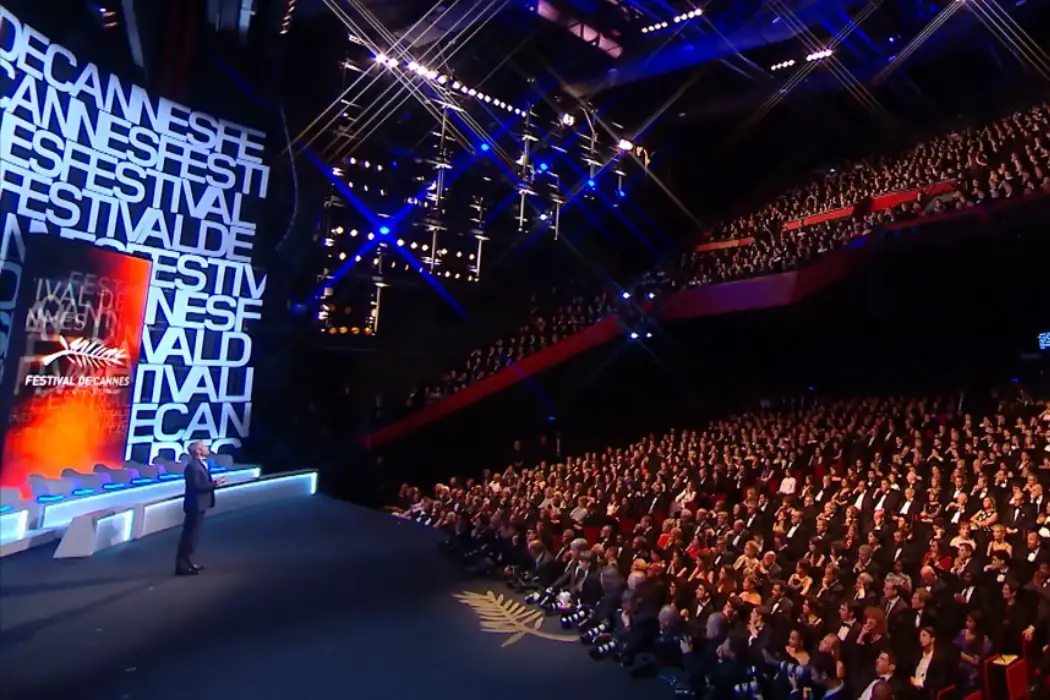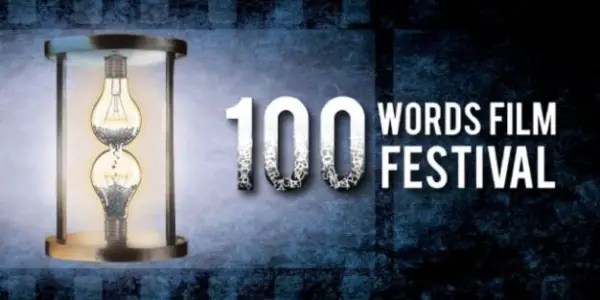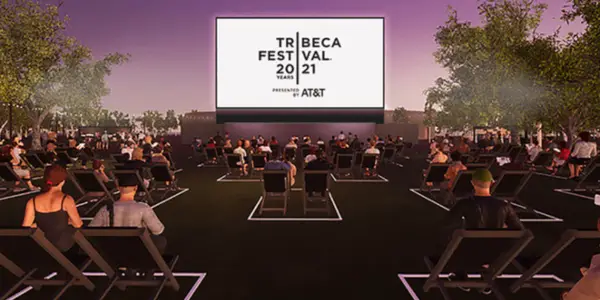Film Festivals Are The Beacon Of Diversity & Democracy In Film, But There Are Ways To Improve

Creativity is the bread and butter of dynamic change — an ingredient Hollywood could certainly use more of. For decades, film studios have crafted both masterpieces and flops that have driven us to feel like, “quite frankly, dear, I don’t give a damn.” But a mixed bag of results comes with the territory — one that’s extremely exclusive and ripe for change, democratization, and better inclusiveness. The path forward could be forged in a number of ways, but film festivals are an effective route to get there.
Thanks to the efforts of cinephiles, filmmakers, and producers all over the world, the path is being paved for democratization. Projects like the 100 Words Film Festival give aspiring filmmakers, who may not have the right industry contacts, golden opportunities to showcase their projects. These opportunities to showcase talent aren’t easily offered by mainstream film studios. Even if in some areas they still fall short of the mark, festivals can be powerful vehicles for boosting inclusivity.
Between Burbank and Los Angeles are the world’s five major film studios producing some of the most profitable and widely-distributed pictures around the world. But within those valleys and coastal areas lie some of the most exclusive executive circles in the world. These studios disproportionately dominate the global industry, given the power to dictate which treatments are worthy of greenlighting and which ones are not. As a result, creators who may have original ideas are left to their own devices to find funding, which usually falls flat in the absence of proper connections to investors or access to producers with sway.
Beyond the Network
Even beyond the issue of networking, the film industry continues to struggle with the socio-economic gaps. Recently, Welsh actor Michael Sheen penned an op-ed in the New Statesman criticizing the transformation of the screenwriting and journalism professions into an upper-class man’s gig.

More notably, the industry still falls behind with regard to ethnic representation, despite improvements over the last 30 years. The lines of exclusion also extend into race and ethnicity — some on camera, and even more so behind the scenes. In 2020, the annual UCLA report on film diversity found that while leading roles in films were proportionally distributed between whites and blacks, but not with latinos, who compose 18 percent of the population yet cast 5.4 percent of the time. By gender, both white and non-white females are cast less than males. At the higher levels, though, distribution proved to be far from even in both gender and race.
In fact, a little over 25 percent of both those roles were held by non-whites in a country that is approximately 40 percent non-white. Moreover, merely eight percent of film executives are non-white, and between 2015 and 2019, films with two “off-screen black talents” (i.e. screenwriters, directors) received, on average, 40 percent less funding than films with less off-screen black talents. As for women, on the top 100 grossing films, they comprised 21 percent of all production positions — including directors, writers, producers, executive producers, editors, and cinematographers — up just one percentage point from 2019.
Even in mainstream film festivals, the problem persists where diversity and inclusiveness of underrepresented groups still fall short of the mark. Research commissioned by the Times Up Foundation found that, of the top five film festivals worldwide, only 35 percent of featured directors were non-white, while only eight percent of directors are non-white women. And broken down by sex, from 2017-2019, only 25 percent of directors featured at film festivals were female.
Fundamentally Contributing to the Problem
As a response to these longstanding issues, groups banded together to form their own festivals, which brought more diversity via alternate routes. Festivals like the American Black Film Festival and the Asian Film Festival showcasing up-and-coming film creators and actors, are good examples of film events that bring more attention to the underrepresented communities of the United States and the world. They can collectively bring millions of their own viewers independently of the film industry and large film festivals.

Yet fundamentally, they merely contribute to the existing problem by self-segregating, digit-culture trend analyst and film festival enthusiast Lauren DeLisa Coleman believes.
“Film festivals are so critical because they provide invaluable relationship-building opportunities to help bring gatekeepers and filmmakers together. I, however, have observed that the behavior dynamics tend to lean toward self-segregation a bit, thereby preventing true relationship building opportunities,” she explains.
“This dynamic — coupled with the fact that we also have specialized festivals by ethnic background of the filmmaker/filmmaking team (of which the celebration is wonderful but still tends to create an environment that exists as the ‘other’) — tends to perpetuate challenges around true inclusion from traditional gatekeepers,” Coleman adds. “This, and several other psycho-social elements, factor into the current imbalance in the industry today.”
Compounded with the high entry barriers created by an exclusive club, the struggle to get more inclusivity into the American and global film industry becomes much tougher. But film festivals, not just the top five, can and have changed the paradigm. It’s just a matter of opening up the doors and removing gatekeepers from the process — making the decision makers more accessible. And film festivals clearly have the potential to do that.
Answering the Call for Change
Festivals like the Tribeca Film Festival in New York are working on adding more diversity and incorporating more points of view that were left out of the mainstream film circuit. This could offer fresh, creative ideas and new perspectives into the film industry and introduce more diversity.

Beyond the actual physical festivals themselves, Coleman proposes a more direct-to-consumer approach.
“If we have so much entertainment going direct to consumer, the industry could better reflect this by removing some of the gatekeeping and using film festivals to somehow become on-ramps to viewers,” she argues. “Festivals with their own streaming deals could directly select key films from inclusive filmmakers and give life to creative projects in new, streamlined ways. I think something like Exposure TV Network is very promising.”
Moreover, festivals have the opportunity to join forces together to work on including more women and underrepresented ethnicities. Online festivals offer digitized experiences that can democratize an entire festival, allowing fans to be more engaged in selection and awarding processes.
As more and more scrappy filmmakers and benefactors band together to develop more festivals, more filmmakers will find their limelight to share their stories. While we may have come a long way in the film industry with inclusivity, there are more roads to travel. The path to democratization is a long one, but the film festivals are the independent, flexible, and creative spaces to accomplish the democratization we all seek.
Do you think film festivals are the road to travel for more diversity and inclusivity? Let us know in the comments below!
Does content like this matter to you?
Become a Member and support film journalism. Unlock access to all of Film Inquiry`s great articles. Join a community of like-minded readers who are passionate about cinema - get access to our private members Network, give back to independent filmmakers, and more.













